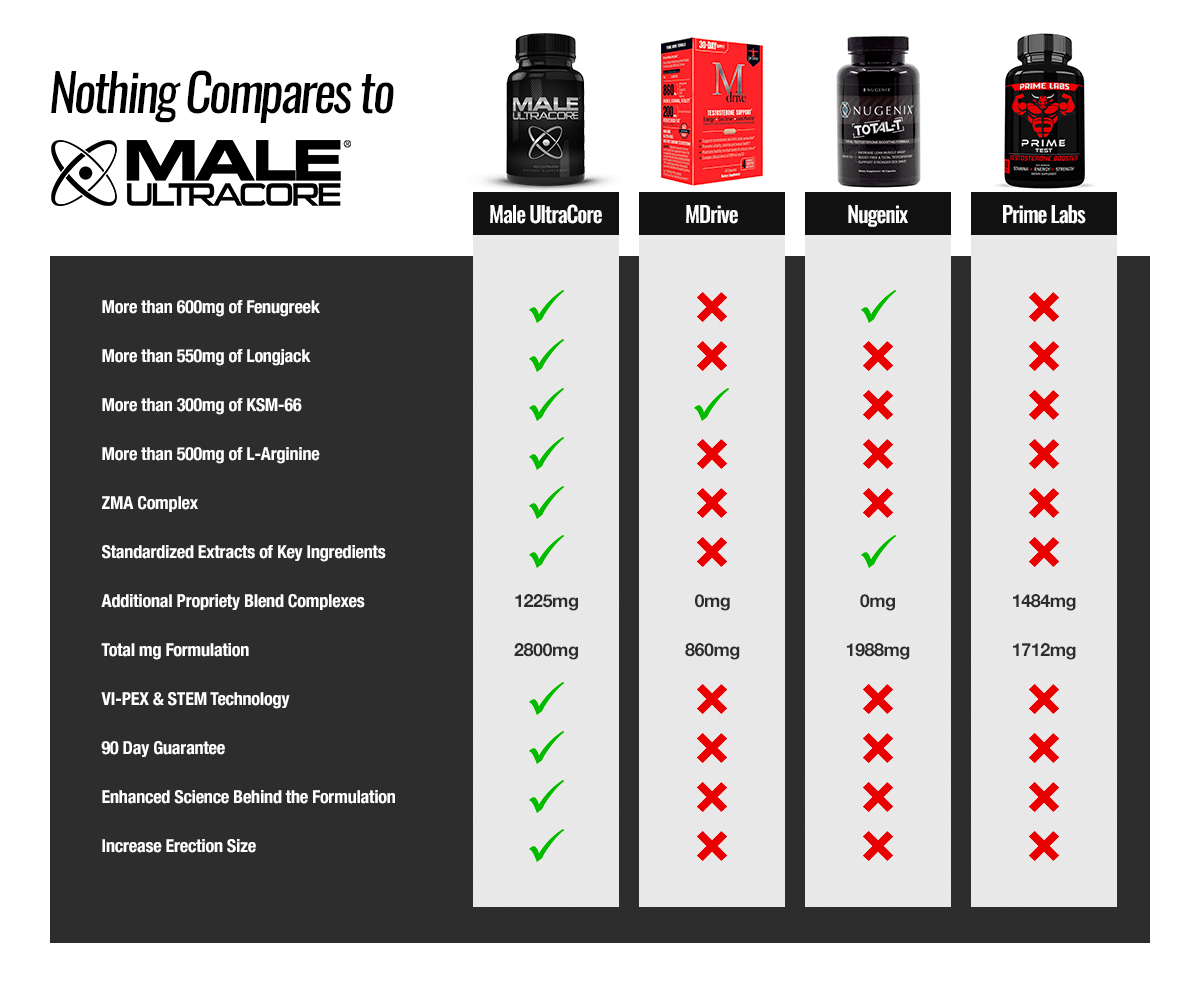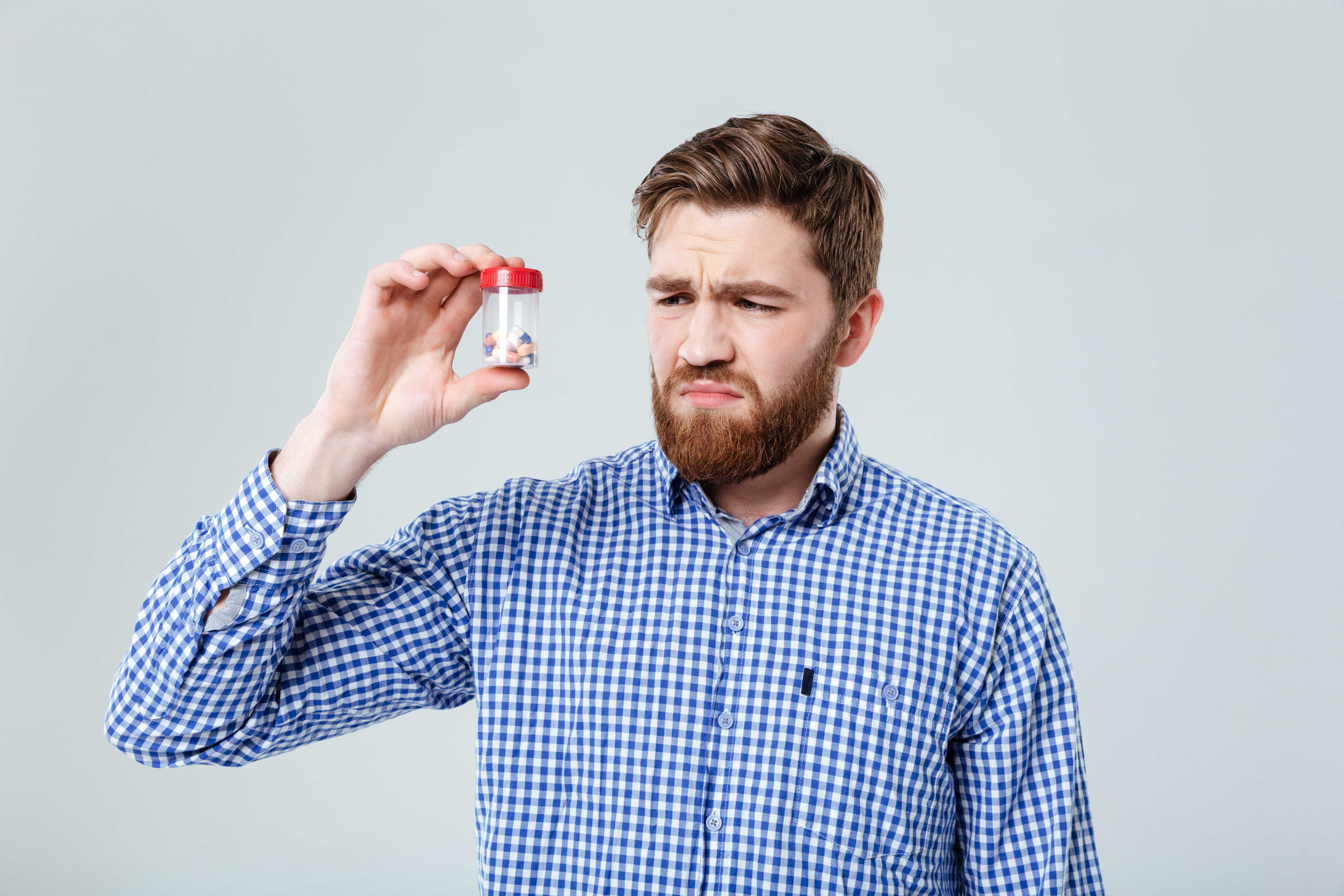Beta-blockers are very useful nowadays, especially that millions of people depend on these drugs. These drugs are known to treat numbers of diseases including acute coronary syndrome, arrhythmias, stable angina pectoris, heart failure, hypertrophic cardiomyopathy, and many more.
Beta-blockers can help maintain your cardiovascular system healthy. But you might experience unwanted effects if you stop taking these drugs. People usually experience an increase in blood pressure, angina attacks, hypertensive crisis, and worsening of heart failure symptoms. This situation is usually called as the beta-blockers rebound phenomenon.
What is Beta-blockers Rebound Phenomenon?
In the field of medicine, a rebound phenomenon happens when your health condition becomes worse after stopping a useful drug as compared to your condition before the treatment. It also means the same thing with regard to beta-blockers.

To elaborate, beta-blockers are used to treat numerous diseases such as heart attack, heart failure, angina, hypertension, and even anxiety. But these drugs can trigger these conditions if you stop taking beta-blockers abruptly. Of course, the beta-blockers rebound phenomenon is not true to all. That is why your doctor prescribes how often you need to take beta-blockers, its dose, as well as its duration. And yes, these are potent drugs used to treat serious conditions.
Beta-blockers rebound phenomenon is not new. In fact, this problem was first exposed in the 1970s. At that time, around 33 percent of people reported this effect, and it involves propranolol alone. Propranolol is a class of a beta-blocker. And there are more beta-blockers available in the market. Some patients who experienced a rebound phenomenon developed an acute coronary syndrome, while others die just within three weeks after the said phenomenon.
What Happens After You Stop Taking Beta-blockers?
After you stop taking beta-blockers, you will most likely experience a rebound phenomenon. When it comes to beta-blockers, it includes arrhythmia, palpitation, headache, atrial fibrillation, and other symptoms of increased blood pressure. This can even lead you to a more serious and dangerous condition, including acute coronary syndrome, angina attack, and worsening of heart failure.
People with hypertension who stopped taking beta-blockers are at a higher risk of coronary artery disease. In the first 30 days after the withdrawal of beta-blockers, you might be exposed to a myocardial infraction with a risk ratio of 2.70 while 2.44 between 30 and 180 days.
Patients who took beta-blockers with a dose of 169 mg a day for 50 weeks are at an increased risk of developing angina pectoris just within two days after the cessation of these drugs.
Furthermore, patients who were taking beta-blockers prior to a surgical operation and discontinued its use postoperatively have a higher risk of mortality. A study has shown that the mortality rate is 50 percent compared to those patients who continued using beta-blockers postoperatively.
This only shows that the abrupt cessation of any beta-blockers may lead to this kind of phenomenon, which could worsen myocardial infarction, angina pectoris, or ventricular arrhythmias. But it is worth noting that beta-blockers rebound phenomenon may or may not happen to a patient. Several studies also show that the withdrawal of beta-blockers doesn’t have a serious effect. Some experienced only minor clinical consequences.
Why Beta-blockers Rebound Phenomenon Occurs?
Several studies explain why people who abruptly stop taking beta-blockers experienced the above-mentioned effects. Experts explain that this may be due to an increased plasma renin activity. Others say that this is because of platelet hyperaggregability.
Explanations also include an increase in triiodothyronine levels, plasma catecholamines, and beta-adrenergic receptors. Some experts believe that this is due to a leftward shift in the oxyhemoglobin dissociation curve or a rebound hypersensitivity to sympathetic stimulation.
Well, beta-adrenergic receptors are most likely to increase if you are taking beta-blockers. The phenomenon occurs because your body is already sensitive to catecholamines. That means that you have hypersensitivity to adrenergic, including adrenaline and noradrenaline.
Beta-blockers rebound phenomenon is very dangerous for people who have coronary artery disease. The stimulation of beta-adrenergic receptors can trigger excessive demand for oxygen. And this might result in an increase in blood pressure, heart rate, fatty acid use, and contractility. If this can induce a reduced demand for myocardial oxygen, this might lead to arrhythmia, acute ischemia, and heart failure.
Why Beta-blockers Rebound Phenomenon is Worth Understanding

Beta-blockers withdrawal is not only applicable to those who intend to stop taking these drugs. This also applies to those who missed their doses. That means that if you are prescribed to take beta-blockers as maintenance, there is a probability that you will forget taking these drugs. And missing a dose can make you at risk of this phenomenon.
It cannot be denied, but there are times when patients may forget or even omit to take beta-blockers. This may be due to forgetfulness, lack of time or intent to miss a dose may be due to its side effects such as cold legs, fatigue, nightmares, and impaired sexual function. That is why it is very important to understand the rebound phenomenon to be responsible enough to take the required dose.
Conclusion
Millions of people throughout the world are taking beta-blockers to treat various heart-related conditions. These drugs might be useful, but these can worsen your condition if you abruptly stop taking beta-blockers.
That means that if you are taking beta-blockers, chances of getting symptoms of beta-blockers withdrawal are high. Almost all symptoms of beta-blockers withdrawal are not only deleterious but also fatal. These situations can be unpredictable. If you are not aware of beta-blockers rebound phenomenon and if you are not able to seek immediate medical attention, you may be at a high risk of mortality.
Increase Your Testosterone Levels with Testosterone Boosters
Male UltraCore is a premium testosterone boosting supplement that is designed to maximize test levels, increase your performance and drive, and give you harder and fuller erections. 





